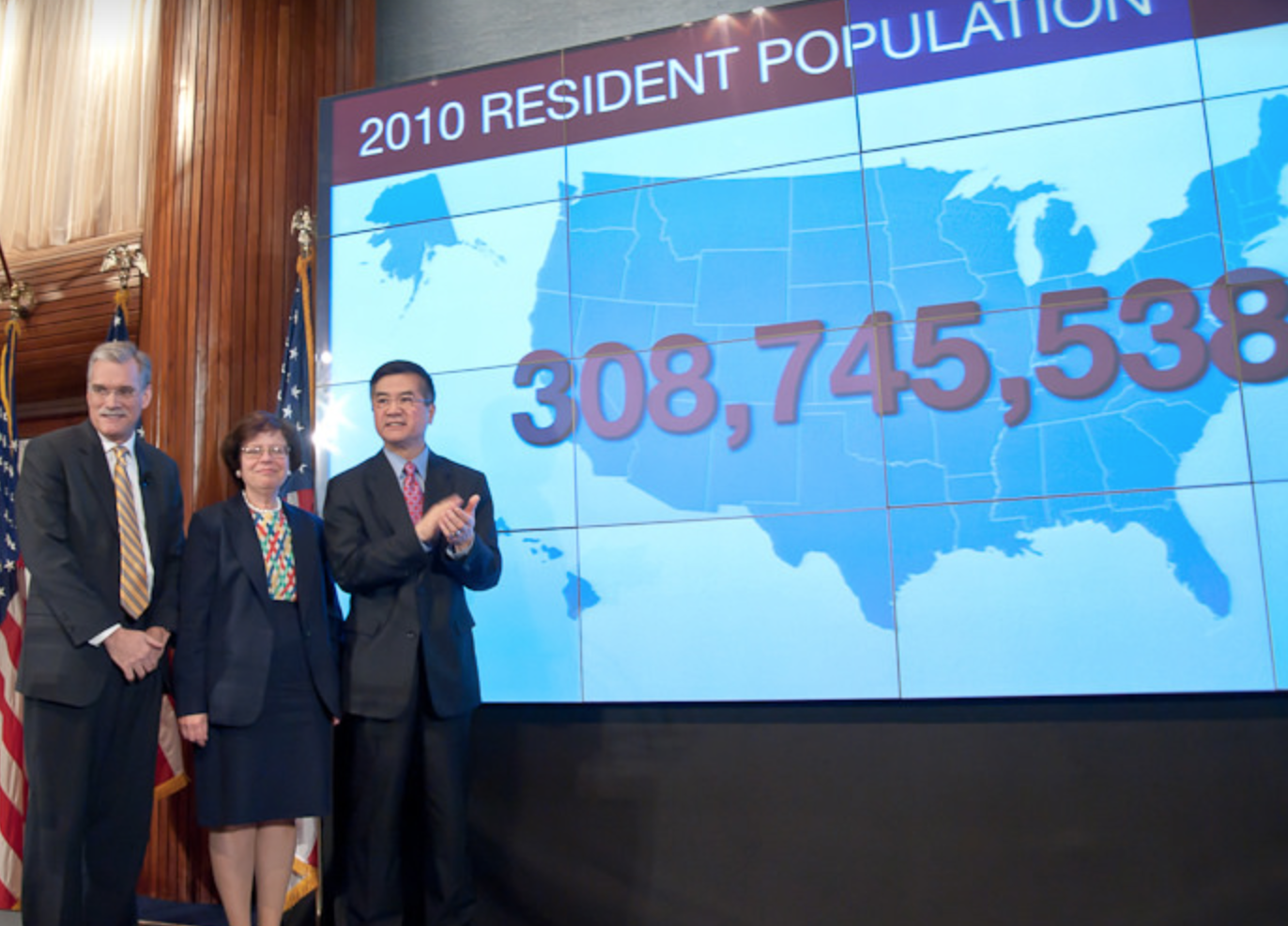The 2020 census may seem a far way off still, but key decisions about its form and funding are underway, and researchers, former Census Bureau directors and politicians are raising concerns about both. The bureau, which is still without a director or deputy director after interim positions were announced in June, has until the end of March to submit it list of questions to Congress for approval. Whether it will decide to include a question on citizenship status pushed by the Department of Justice is just one of the issues experts are watching as the process moves forward. Concerns about funding and potential undercounting as well as bureau operations have also been expressed.
"It's well understood among academics that the census has always been a political tool," explained Jenifer Bratter, a sociology professor at Rice University with a focus on race and demography. After different government departments and groups lobbying the bureau put forth the questions they'd like to see added to the decennial census, she explained politicians ultimately have the final say. "The questions that get added or taken away are decided by politicians, by Congress," said Bratter.
That's how the citizenship question ended up on the table. In December, the Department of Justice said a count of citizens and non-citizens was essential for protecting voting rights, but others have criticized the request as politically-motivated and potentially disastrous for the response rate. Suspicion about the census among respondents is not new, according to former Census Bureau director and Rice University sociology professor Steve Murdock. But asking about citizenship would likely increase suspicion, and as a result, the response rate.
"I think the concerns are very valid," said Murdock. Organizing with other former directors to pen a letter in an upcoming issue of Science Magazine, Murdock said, "[W]e’re all worried it's going to cause [people] not to want to respond to the census. For a place like Texas and California this is really important because we’re talking about large numbers of people."
And because total population counts determine the distribution of seats in Congress as well as federal funds, undercounts could have far-reaching consequences.
"It'll hurt some cities like a Houston or a Dallas more than it does Topeka," said Murdock, "but it is an issue, in terms of the consequences for the count, that is fairly important for all areas."
Coupled with concerns about potential underfunding, the push for a citizenship question seems to signal a disinterest in reliable, science-backed survey results, said Bratter.
Then there's the race question, which the Census Bureau recently announced will stay the same as it was on the 2010 census despite evidence that it may not be providing the most accurate results. The proposed question would have combined the race and ethnicity categories as well as add a box for people of Middle Eastern and North African descent. Underneath each category, respondents would also be able to provide more detail about their identity. The changes would offer more detail as well as better reflect modern understanding of race and ethnicity.
"Not only were people allowed to tick off boxes," said Bratter, "but there were focus groups done and people would sound off on how they felt they were represented. What really emerges there is that people care."
The proposed race question would just be a start toward better reflecting the country's population. "I think my ideal question would allow people to indicate not only their race but the races of their parents," Bratter explained. "I think with increased rates of multiracial identification, it raises this interesting question about how racial identity isn’t necessarily the same as racial ancestry."
Like the quality of the race question, concerns about funding, said Bratter, ultimately come down to science and the reliability of the survey's results. "I think they're both intertwined," she said. "The ability for the census to do its work to yield information that’s representative of these groups, numbers that reflect communities in a way that is useful for them as well as for politicians–the census needs funding to do what it does."
Beyond Congressional representation and federal funding, census data forms the basis for research, journalism, community organizing and outreach and more. Its reach is difficult if not impossible to quantify. At one point, Murdock recalled, the Census Bureau tried to keep a running list of all the various departments, organizations and researchers that used its data. "They basically gave up because everybody does," he said.
All of those groups depend on the very thing that seems to be in jeopardy now: accurate data.
"I don’t think in my memory we've had an administration that doesn’t appear to want to fund the census at the level that most experts think it needs to be," said Murdock. "There's politics for the census," he said, acknowledging the back and forth each round over questions and other issues, "but it doesn’t get down to this level."

